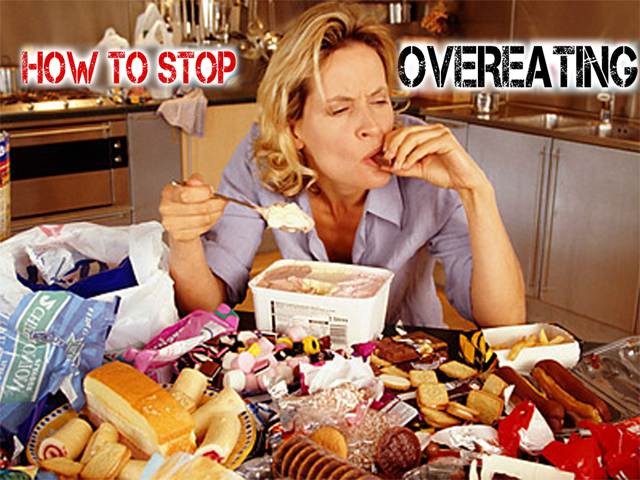Many people with eating disorders hope to get their eating problems under control on their own. However, one has to face the fact that behind an eating problem there are mostly mental causes that have to be treated therapeutically. If this does not happen, there is a high risk that the eating disorder will become chronic or return after symptom-free periods.
Only the affected persons themselves can decide whether they want to give up the eating disorder or not. This decision is the most important prerequisite for a successful therapy.
Building blocks of a therapy
Since eating disorders have many different causes and affect different areas of life, multi-professional accompaniment by different occupational groups is almost always necessary. This division can be found in most inpatient therapies and also makes sense in outpatient care.
- ANAD Self Test
- Test your eating behaviour in just a few steps.
- Advice & Help
- We help fast and uncomplicated.
- Address directory
- Addresses and links to help you.
- Literature & Film Tips
- Information about the topic.
Since eating disorders are illnesses with physical consequences, it is almost always necessary to be accompanied by an internist or family doctor. First, a medical diagnosis is carried out and the possible medical complications of an eating disorder are observed and treated. In concrete terms, this means, among other things, regular weight checks, laboratory tests, heart and kidney function tests, etc.
The aims of psychotherapy are to treat symptoms of eating disorders (e.g. vomiting, starvation, eating fits) and other psychological complaints (e.g. self-esteem problems, social integration). It is also possible to investigate the causes as well as the advantages of the eating disorder – which exist in addition to all negative consequences.
If people affected can learn to achieve these benefits in a symptom-free and healthy way, the overall mental balance can be restored. Studies have shown that cognitive
In nutritional therapy, especially for eating disorders, sufferers learn to address the acute symptoms of food restriction, overeating or vomiting. Here, for example, knowledge about a sufficient meal structure and normal portion sizes is imparted, and work is done on the integration of forbidden foods.
Especially if the eating disorder has existed for a long time, this can have effects on the whole life. In this case, socio-educational support can help to overcome social isolation, achieve (re-)integration into school or work or reduce debts.
Therapy options
In many places there is now a good network with different therapy options – especially for eating disorders. The spectrum ranges from self-help groups, self-help manuals, outpatient therapy groups, outpatient psychotherapy, family therapy, (day) clinics to residential groups. It is also taken into account that not only young girls are affected by eating disorders anymore. Many therapy offers are aimed specifically at men or people over the age of 40.
Which therapy is suitable depends on the individual symptoms and situation. An assessment can only be made after a medical diagnosis and must be clarified in a detailed consultation.
Outpatient treatment
This always consists of a combination of medical support, outpatient psychotherapy, nutritional counselling and, if necessary, other interventions such as outpatient groups or socio-educational support.

Outpatient therapy can be useful under the following conditions:
- BMI above 15 or above the 3rd age percentile in children and adolescents
- regular weight gain in case of underweight
- no severe bulimic symptoms (e.g. severe eating fits, very frequent vomiting, severe laxative abuse)
- Insight into illness and motivation for change
- no physical complications
- no suicidal, serious self-harm or other mental or physical comorbidities
- supportive social environment
The majority of people with binge eating or bulimia can be treated on an outpatient basis. Therapeutically guided self-help programmes can especially help people with bulimia. Studies show only moderate success rates in the outpatient treatment of anorexia.
Inpatient treatment
This is possible in day clinics, clinics and residential groups that specialize in the treatment of eating disorders.
Inpatient therapy can be useful under the following conditions:
- BMI below 15 or below the 3rd age percentile in children and adolescents
- rapid or prolonged weight loss
- severe bulimic symptoms (e.g. severe eating fits, very frequent vomiting, lack of any structure in eating behaviour, severe laxative abuse)
- strong chronification of symptoms
- Low insight into the disease or motivation to change
- physical complications
- suicidal, severe self-injury, or other mental or physical comorbidities
- stressful social environment
- Excessive demands in outpatient settings, lack of success in outpatient therapy
Particularly for people with anorexia, in-patient treatment is very often necessary, as the risk of death is significantly increased with this disease. A normalisation of eating behaviour and the attainment of normal weight can often not be achieved in an outpatient setting.








